Demand for key commodity components like chip capacitors is heavily outstripping supply at the moment. The market is growing, but lead-times are lengthening because demand from the high volume consumer market is soaking up the available capacity. The latest smartphones can include up to 1000 or more of these tiny devices. At the same time, there is increased demand from the automotive industry and the wider industrial market, writes Steve Rawlins, CEO, Anglia Components.
Manufacturers are reluctant, however, to invest in increased capacity until they see how real and long term the growth in demand actually is. In previous times of shortage many manufacturers have been caught out by the practice of double or treble ordering as companies sought to secure capacity only to cancel the excess when lead-times return to normal.
In the past manufacturers have been able to reduce the sizes of the chip capacitors as an effective way of increasing capacity on the same lines. However, devices are now so tiny this avenue does not reap the same returns as previously because size reduction levels are smaller.
Lead times on many components are now six months and moving out. The situation has deteriorated rapidly since September with shortages now being found across the industry in many classes of components but specifically there is a famine of MLCC.
Price increases are starting to impact and more increases are likely in the short to medium term.
Anglia expects the market to be tight at least for the first six months of 2018. Consolidation in the industry has left customers with fewer options where an existing supplier can’t deliver and has tended to reduce both inventory and manufacturing capacity as merged operations seek to reduce costs.
At Anglia, we anticipated the tightening market, and made a bigger‑than-usual inventory investment late last year, however we have also seen exceptional demand on MLCC products and have had to take the decision to carefully ration inventory.
As the supply chain tightens Anglia’s policy is to focus on supporting regular customers with scheduled orders.
It is extremely important in a tight market like this to have transparency. We are open with our customers, and publish live inventory levels and lead-times on Anglia Live. We can give the best support to customers that are similarly transparent with us, sharing forecasts and where possible committing to scheduled orders.
For many customers, it is important to have access to inventory that is located in a UK warehouse such as Anglia’s. This allows for reliable next day overland delivery. Some customers need instant accessibility and want stock of their regularly used components on site, but many entrepreneurial businesses lack the inventory management experience and rely on the distributor to manage this stock to avoid costly excess and expensive line stops due to shortages.
For these customers, Anglia 80/20 has been a great success, giving them the reassurance of instantly accessible stock held at their premises on a pay as you use basis. This is a major advantage at any time, but especially when component supply is restricted.
Logistics in electronics manufacturing is uniquely challenging. If a supermarket is unable to obtain a specific flavour of soup, it just leaves a gap on its shelves.
If an electronics manufacturer can’t source a key component, even a humble chip capacitor which costs less than a grain of rice, then their product can’t be manufactured or shipped. The company involved sees no revenue, but still incurs costs.
There’s no slack in the system for many manufacturers to cope with supply constraints which can ultimately lead to line stoppages. In today’s market place, small, medium and large customers need an open transparent relationship with their distribution partners to ensure the continuity of supply whatever the market conditions.


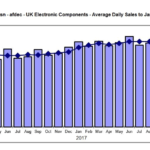


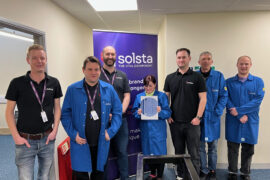
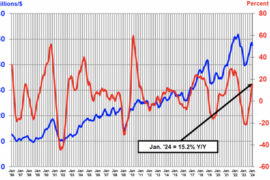
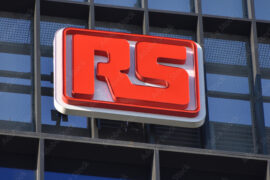
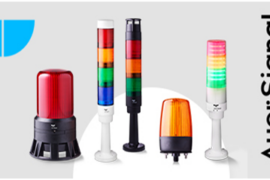

Comments are closed.